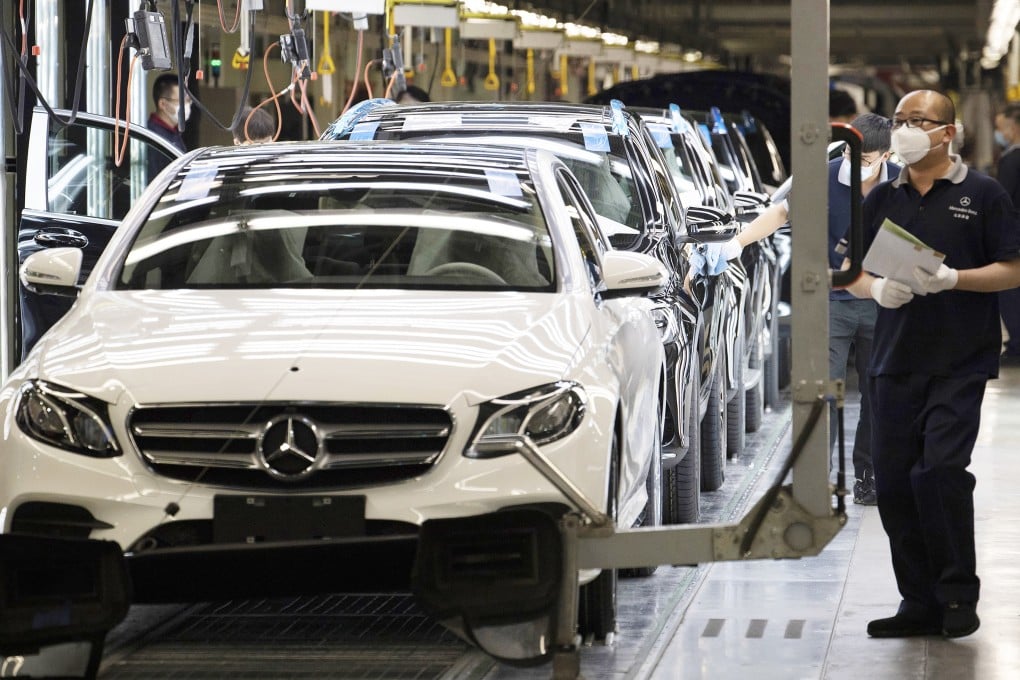Advertisement
The View | China is in no danger of losing its supply chain supremacy to India or Vietnam
- For all the talk of foreign firms leaving China over the Covid-19 pandemic and global uncertainty, examples of wholesale departures are hard to find
- China’s advantages in quality, cost, timeliness and security will keep its central role in global supply chains in place for a long time to come
Reading Time:4 minutes
Why you can trust SCMP
55

The possibility of multinational companies leaving China in droves along with their supply chains has become a hot topic these days. This is nothing new.
In the first quarter of 2020, at the peak of the Covid-19 pandemic, many held the same view. The US and Japanese governments even offered subsidies to companies leaving China and returning home or relocating elsewhere. However, as the pandemic eased in the second quarter and China’s gross domestic product rebounded, the issue became moot.
Today’s situation is trickier. Emerging global challenges, including Russia’s invasion of Ukraine, changing geopolitics, deteriorating US-China relations, prolonged effects of the pandemic and the risk of recession in the United States and Europe suggest a more complex situation.
Advertisement
Many multinational companies are reportedly mulling whether to leave China and move their supply chains to other countries to mitigate risks. Vietnam and India are often mentioned as favoured countries. As BlackRock CEO and chairman Larry Fink said, the globalisation we have experienced over the past three decades has ended.
So where are we heading? During my work, I regularly interact with senior executives of multinationals operating in China. Some companies might curtail their China operations because of the pandemic but, despite the current uncertainties, I haven’t come across many considering a wholesale departure.
Advertisement
Some will, of course, restructure their China operations, selling some businesses but also buying some. Many view China as one of their most important markets and a source of knowledge and inspiration for innovation. While some continue to invest, many are in a wait-and-see mode.
Advertisement
Select Voice
Select Speed
1.00x
